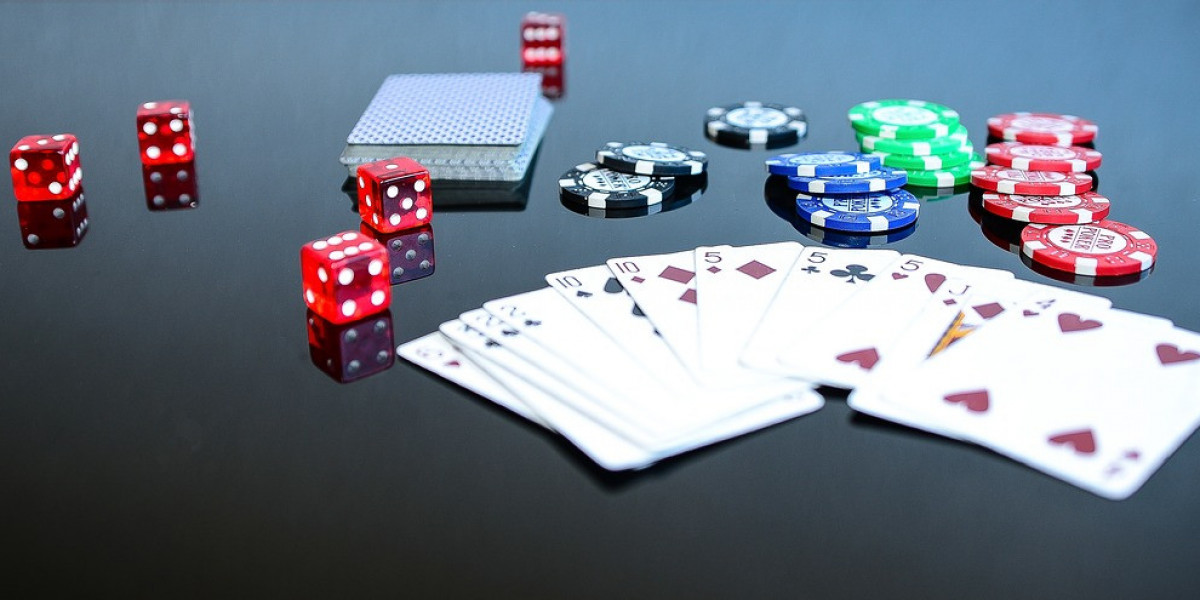Addicted to Bigo? A Psychological Breakdown of Live Streaming Platforms
Live streaming platforms like Bigo Live have become more than just entertainment hubs—they're social networks, creative outlets, and even sources of income. But as their popularity grows, so does a new concern: are users becoming addicted to them? If you’ve ever found yourself glued to a stream for hours or obsessively checking your diamond balance, you’re not alone. Bigo’s design taps deeply into human psychology, creating a powerful cycle of engagement that can be difficult to break.
So what exactly makes Bigo so addictive? Let’s explore the psychological mechanisms behind it—and how they’re cleverly built into the platform.
1. Instant Gratification and the Reward Loop
At the heart of Bigo’s stickiness is its reward system. Whether it’s receiving gifts as a streamer, getting shoutouts from your favorite host, or ranking higher on a leaderboard, users are constantly rewarded for their activity. These instant hits of validation trigger dopamine—a chemical associated with pleasure and motivation.
This is similar to what happens in mobile games or on social media platforms. The more gifts you receive or send, the more you feel seen, valued, and accomplished. It keeps you coming back for just “one more stream” or “one more gift.”
2. Social Validation and Belonging
Humans are social creatures, and Bigo Live knows how to feed that need. With features like real-time comments, live PK battles, and voice rooms, the platform gives users immediate social feedback. Being greeted by name in a stream or having your comment read aloud taps into our deep-rooted desire for recognition and connection.
Over time, some users begin to associate their online identity and value with how much they engage or how many diamonds they send. For lonely individuals or those lacking offline social interaction, Bigo can become a powerful emotional crutch.
3. Fear of Missing Out (FOMO)
Bigo’s live, unpredictable nature fuels FOMO—the fear of missing out. A special guest appearance, a surprise event, or an exclusive limited-time room can make users stay longer or log in more often. Even streamers experience this, worrying that taking a break might make them lose viewers or momentum.
FOMO pushes users to spend more time and, in some cases, more money to maintain their place in the community or stay ahead in rankings.
4. Spending and Status
The gifting system isn't just about generosity—it's also about status. Big spenders are given VIP badges, on-screen recognition, and sometimes even exclusive access to streamers. This taps into the psychological principle of social hierarchy, where users feel elevated by spending more.
This system can lead to impulse buying or compulsive spending, especially when users want to impress others or secure their spot as a top fan.
Is Bigo Addictive by Design?
While Bigo offers real enjoyment, opportunities for friendship, and even income, its structure is undeniably designed to maximize user engagement. For some, this can slip into addictive patterns, especially if it starts interfering with daily life, finances, or emotional well-being.
Final Thoughts
Awareness is key. Understanding how these psychological triggers work can help you use Bigo in a healthier, more balanced way. Set limits, take breaks, and remember—it’s a tool for fun and connection, not a replacement for your real-world self-worth.
And if you're choosing to recharge diamonds to support your favorite streamers or unlock special features, do it smartly—head to mmowow shop for a safe, fast, and affordable bigo recharge. Enjoy the platform—just don’t let it control you.



